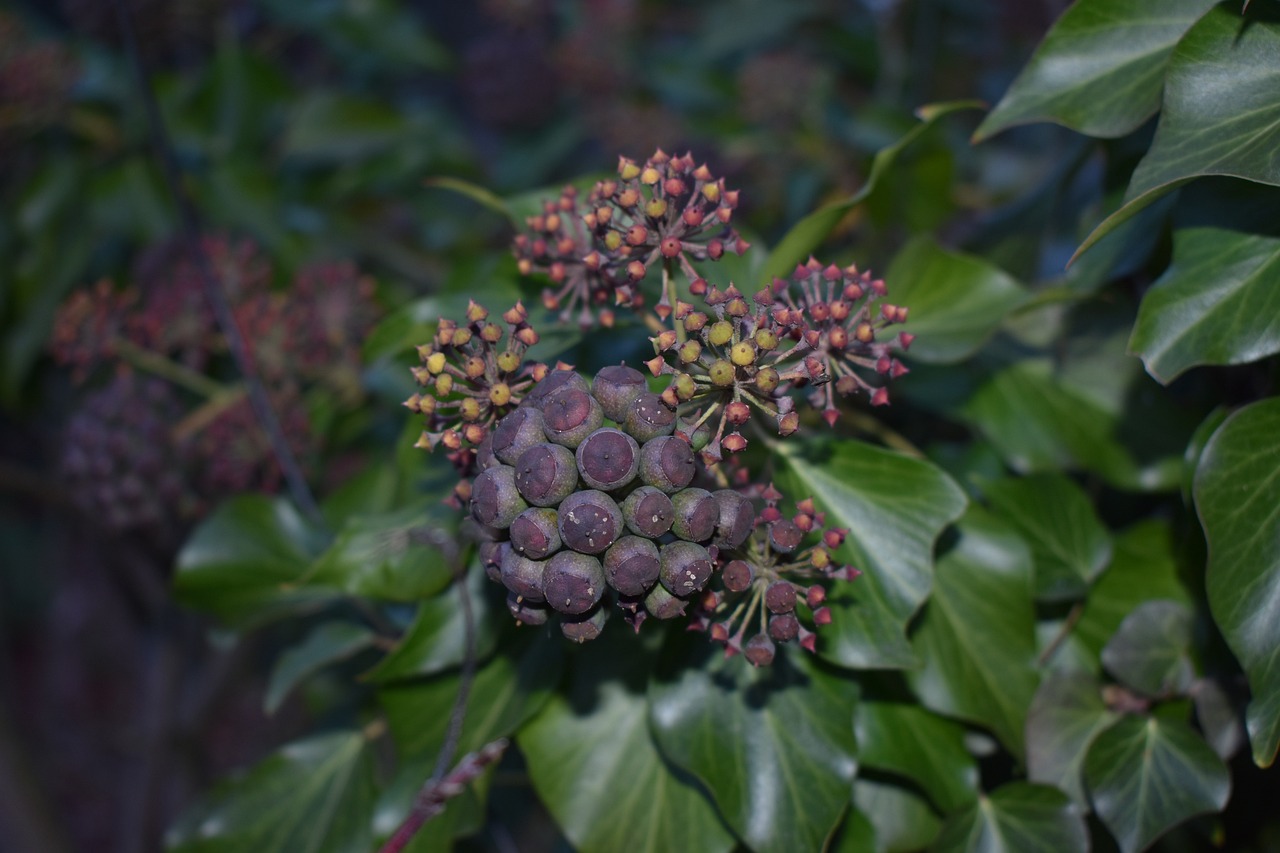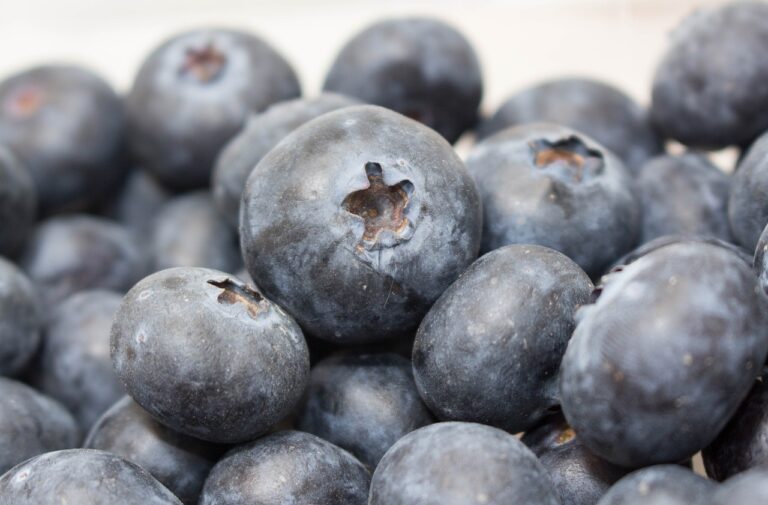The Role of Bees in Pest Management: All panel mahadev, Mahadev book login, Allpanel login
all panel mahadev, mahadev book login, allpanel login: Bees play a crucial role in our ecosystem, but did you know they also play a significant role in pest management? These tiny creatures not only help in pollination but also act as natural predators of various pests. In this article, we will explore the different ways bees contribute to pest management and how their presence can benefit agriculture and the environment.
Pollination
Before we delve into the role of bees in pest management, it’s essential to understand their primary function pollination. Bees are one of the most effective pollinators in nature, transferring pollen from one flower to another, thus enabling the fertilization of plants. This process is crucial for the reproduction of many flowering plants, including fruits, vegetables, and nuts. Without bees, the world’s food supply would be severely impacted.
Pest Predators
In addition to their role in pollination, bees also act as natural predators of various pests. Some species of bees, such as the European honeybee, are known to feed on insects like aphids, mites, and caterpillars that are harmful to crops. By controlling these pests, bees help maintain the balance of the ecosystem and reduce the need for chemical pesticides.
Biocontrol
Bees contribute to biocontrol, which is the use of living organisms to control pests. Instead of relying on synthetic pesticides that can harm beneficial insects and pollute the environment, farmers can harness the power of bees to manage pest populations naturally. This sustainable approach not only protects the crops but also supports the overall health of the ecosystem.
Habitat Diversity
Creating diverse habitats that attract bees can help enhance pest management on farms. By planting a variety of flowering plants, farmers can attract different species of bees that can feed on pests and pollinate crops. Providing nesting sites for bees, such as wildflower strips and hedgerows, can further support their populations and contribute to pest control efforts.
Integrated Pest Management
Integrated Pest Management (IPM) is a holistic approach that combines multiple strategies to manage pests effectively while minimizing the use of chemical pesticides. By incorporating bees into IPM programs, farmers can enhance the natural pest control services provided by these insects. This integrated approach can help reduce the reliance on synthetic chemicals and promote a more sustainable agricultural system.
Enhancing Biodiversity
Bees play a vital role in enhancing biodiversity by pollinating a wide variety of plants, including wildflowers and native species. By supporting bee populations, we can help maintain the diversity of plant species and the overall health of ecosystems. This biodiversity is essential for the resilience of ecosystems and the long-term sustainability of agriculture.
Conclusion
In conclusion, bees are not just essential pollinators but also valuable allies in pest management. By supporting bee populations and creating habitats that attract these beneficial insects, we can harness their natural pest control services to protect crops and promote a more sustainable agricultural system. The role of bees in pest management highlights the interconnectedness of species in nature and the importance of conserving these valuable pollinators.
FAQs
Q: How do bees identify pests in crops?
A: Bees use their keen sense of smell and sight to detect pests in crops. They are attracted to the scents of insects like aphids and mites, which helps them locate and feed on these pests.
Q: Do all bee species contribute to pest management?
A: While not all bee species are predators of pests, many species play a role in pollination, which indirectly benefits pest management by supporting healthy plant populations.
Q: How can farmers attract bees to their farms?
A: Farmers can attract bees to their farms by planting a variety of flowering plants, providing nesting sites, and avoiding the use of chemical pesticides that can harm bee populations.
Q: Can bees completely replace the need for chemical pesticides?
A: While bees can significantly reduce pest populations, they may not be able to entirely replace the need for chemical pesticides. Integrated Pest Management combines both natural and synthetic methods for effective pest control.







